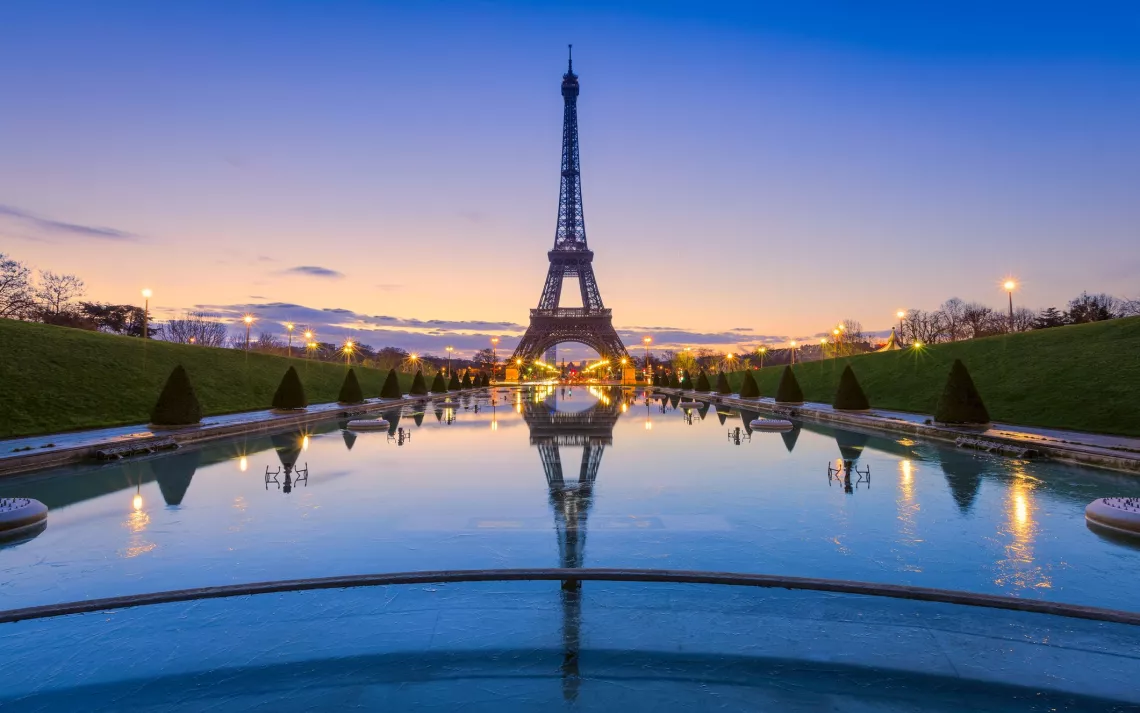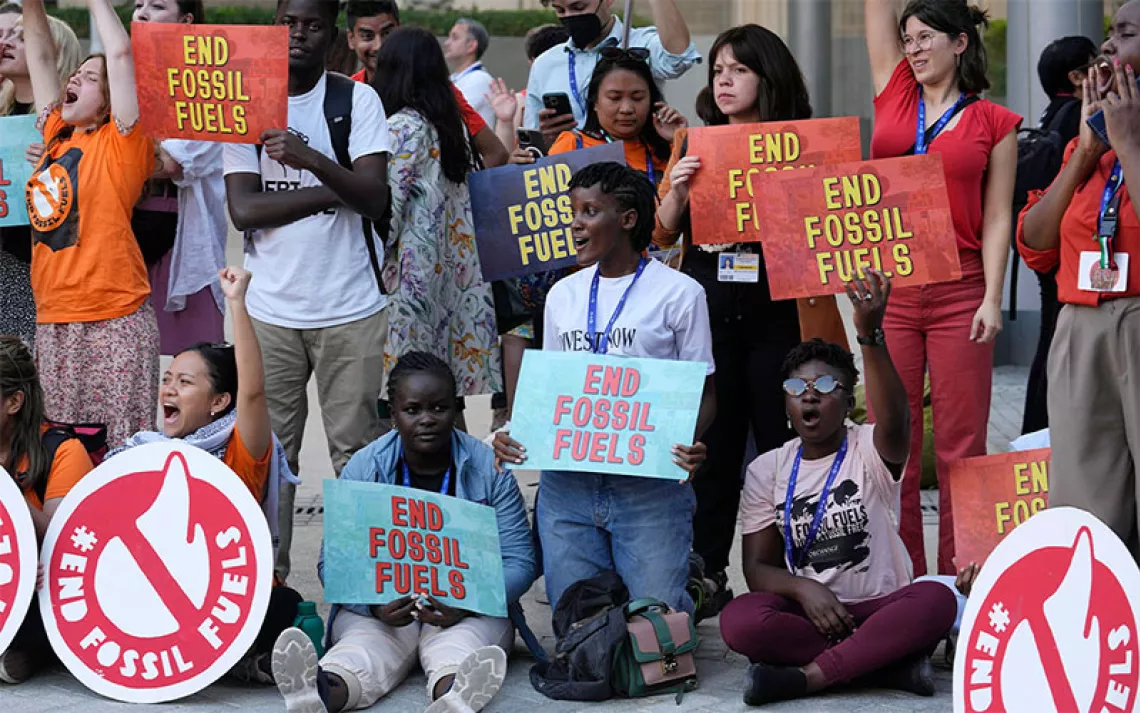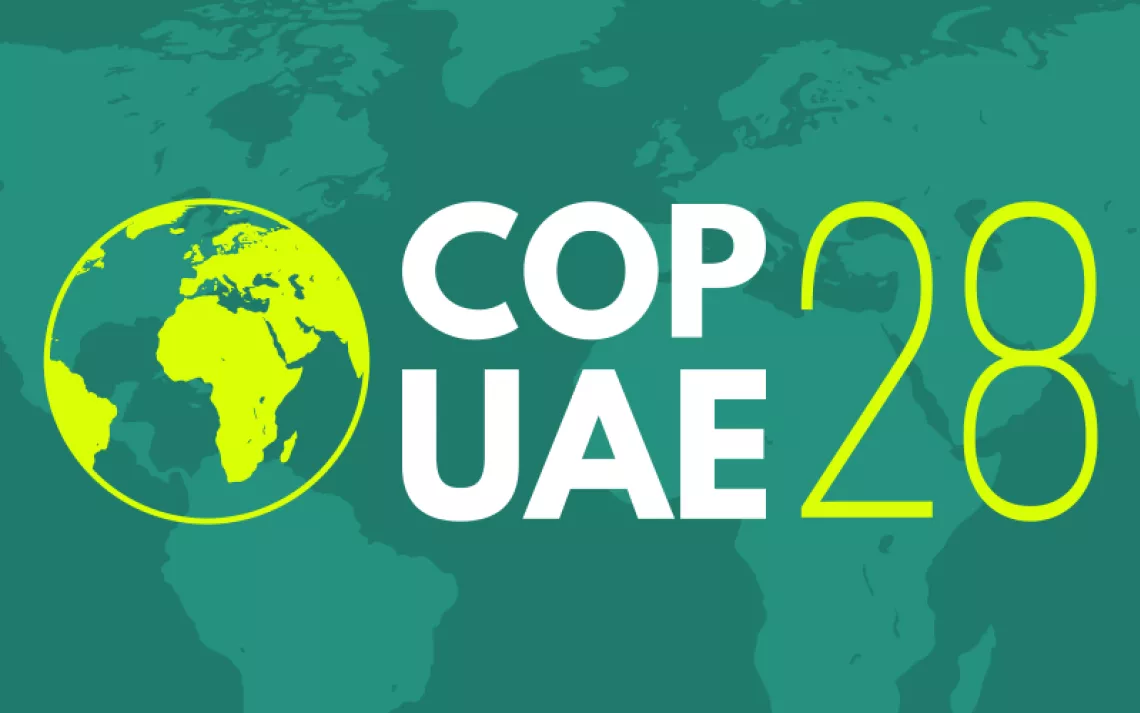Trump’s Paris Withdrawal One Year Later: All Noise
Other nations, and many U.S. cities and states, pursue Paris Agreement goals, leaving the U.S. government in the dust

Photo by MarcelloLand/Istock
A year ago today, things felt awfully gloomy here at the Sierra Club’s national headquarters. During a Rose Garden ceremony, President Donald Trump and his lackey EPA administrator Scott Pruitt had announced their intention to withdraw the United States from the Paris Agreement, the landmark international climate change accords inked in December 2015. While Sierra Club leadership sought to put a brave face on the situation, there was no hiding the fact that the Trump administration’s move was a serious setback for efforts to staunch the greenhouse gas emissions that are overheating the planet. A dark mood seemed to grip many Sierra Club staffers, who understood all too well that time is running out to take aggressive action on climate.
What a difference a year makes.
Some of the fears that gripped climate advocates a year ago—especially the concern that the U.S. decision would weaken other nations’ resolve—have failed to materialize. If anything, the opposite has occurred. The U.S. leadership’s willful ignorance and small-minded parochialism appear to have galvanized other countries while at the same time sparking new climate commitments among U.S. cities, states, and corporations. With the benefit of hindsight, the White House’s intended Paris withdrawal seems less like the big splash it was evidently designed to be and more of a belly flop.
As the Trump administration prepared to announce the United States’ plan to withdraw from the climate pact (under the rules of the Paris Agreement, the U.S. can’t formally exit until 2021), some international climate-policy wonks privately worried that a U.S. retreat could lead to a sort of domino effect in which other nations would also exit the pact. And even if other countries didn’t formally leave the Paris Agreement, some worried, a U.S. exit could lead to foot-dragging by other countries.
Fortunately, this hasn’t happened. Since Trump announced his intention to withdraw from the agreement, 29 additional countries have formally joined the pact. Today, 177 nations belong to the agreement, leaving the United States as the only country with an expressed desire to leave the pact. When it comes to action on climate change, the United States is truly a pariah nation.
International relations abhor a leadership vacuum, and other countries, most notably China, have stepped forward to fill the absence left by the White House. The World Resources Institute has compiled a list of climate progress that has occurred in the last 12 months, and it offers some evidence for (cautious) optimism. More than 20 countries—including sizable economies like Canada, Mexico, and the United Kingdom—have promised to phase out coal use by 2030. France, Costa Rica, Ireland, and economic powerhouse China have all announced plans for phasing out the sale of fossil-fuel-powered vehicles—a huge move, given autos’ growing share of total greenhouse gas emissions. Both New Zealand and France have announced pledges to ban offshore oil drilling by 2040, and the kiwis have also promised that New Zealand will be a carbon-neutral nation by the middle of the century. China has promised to reforest some 16 million acres of its territory, an area roughly the size of Ireland. According to some measures, China is on track to outperform its 2030 emissions-reductions pledges.
Here in the United States, many cities and states are also rushing to fill the climate-action void created by Trump and Pruitt. In the East, New Jersey and Virginia are moving to join the Regional Greenhouse Gas Initiative, a cap-and-trade program that covers the power sector in nine states and which has pledged to reduce its emissions by 30 percent in the next decade. On the West Coast, California continues to stick up for its right to regulate tailpipe emissions, while lawmakers in Oregon and Washington are doggedly pursuing state-level carbon-pricing programs. Sixty-five U.S. cities (some of them led by Republicans) have adopted 100 percent clean energy goals via the Sierra Club’s Ready for 100 campaign. More than 2,700 cities, states, businesses, and faith groups have joined the “We Are Still In” coalition, which is committed to meeting the Paris goals.
Christiana Figueres, the Costa Rican diplomat who led the Paris talks, summed up this spirit of determination when, writing in Sierra last year, she declared, “Paris is everyone's deal. It belongs to cities, businesses, nongovernmental organizations, and all of global civil society as much as it belongs to nation-states. So when President Trump attempted to destabilize the process by announcing his intent to withdraw, there was no domino effect of despair. Instead, he unleashed an inspirational countermovement in support of the Paris Agreement.”
Figueres is right, of course. Viewed dispassionately, the Paris withdrawal announcement is emblematic of the Trump administration—a lot of noise calculated to appeal to the reptile brain of Trump’s base, but with little real damage as the Trump folks manage to get in their own way.
Just look at the track record of scandal-plagued EPA administrator Pruitt. Trump likes to say that Pruitt has “done a fantastic job” when it comes to dismantling public health and environmental protections. Actually (and thankfully) Pruitt hasn’t. Judges have struck down at least six attempts by the Pruitt EPA to undermine existing environmental rules on everything from pesticides to renewable fuel requirements to lead paint. Other attempted rollbacks—such as Pruitt’s decision to allow the continued use of the dangerous pesticide chlorpyrifos—are on hold due to lawsuits from public interest groups. According to the New Republic’s Emily Atkin, one environmental watchdog has described Pruitt’s style as “governing by press release.” There’s more sizzle than substance.
The United States’ intended withdrawal from the Paris Agreement is yet another Trump-Pruitt hollow victory. And it contains an important lesson for environmental advocates: Don’t get too worked up by the daily outrages emanating from this White House. In the long run, the administration’s combination of bluster and incompetence might end up helping to save the planet.
 The Magazine of The Sierra Club
The Magazine of The Sierra Club



